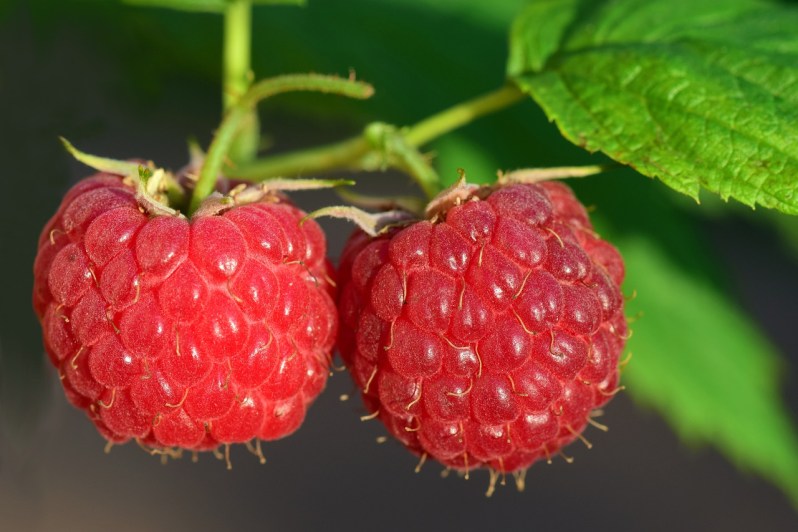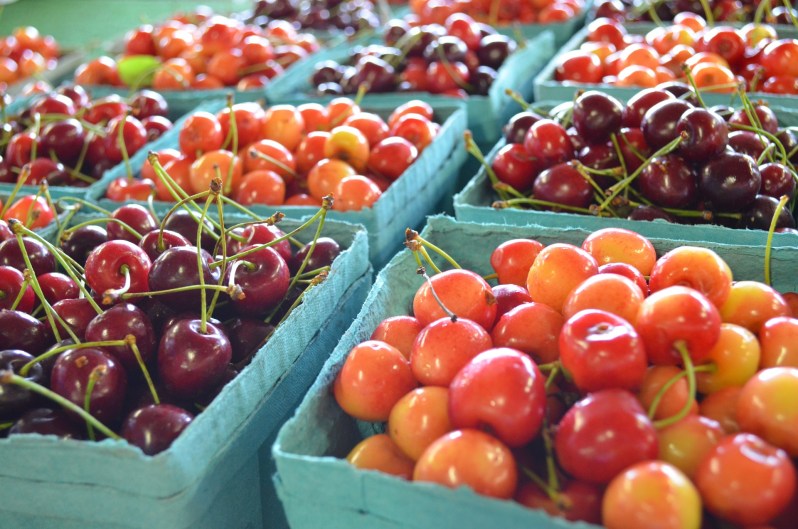
Summer cuisine is known for an abundance of seasonal produce, weekend farmers’ markets, and setting the rich, hearty, stick-to-your-ribs meals aside for a few months. It’s a time for pitchers of sweet fruity cocktails and dinners that focus on tasty ingredients fresh from the garden. And while we understand that the comprehensive lists of fruits in season or vegetables in season are too immense to name them all, these are a few of the stars, the widespread highlights, the ones you’re most likely to find at your local outdoor market, no matter where you are in the country. These are the stars of the summer produce section, when you should look for them, and why you should be eating them more often.
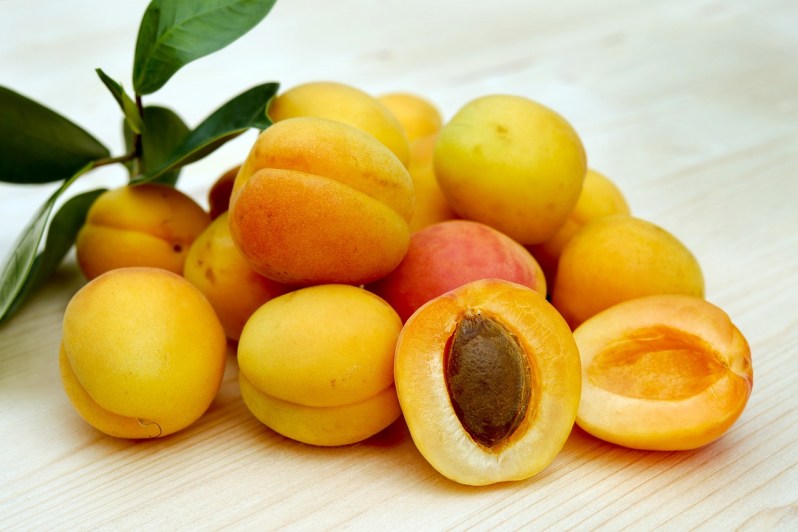
Apricots
Peak months: May, June, July
How to store: If your apricots are ripe, store them in an airtight container in the fridge for up to a week. If they need to ripen, store them on your countertop, out of direct sunlight until they’re soft.
Health benefits: Apricots contain several antioxidants like vitamins A, C, and E. These antioxidants have been shown to protect against illnesses like diabetes and heart disease.
Recipe to try: Apricot cobbler
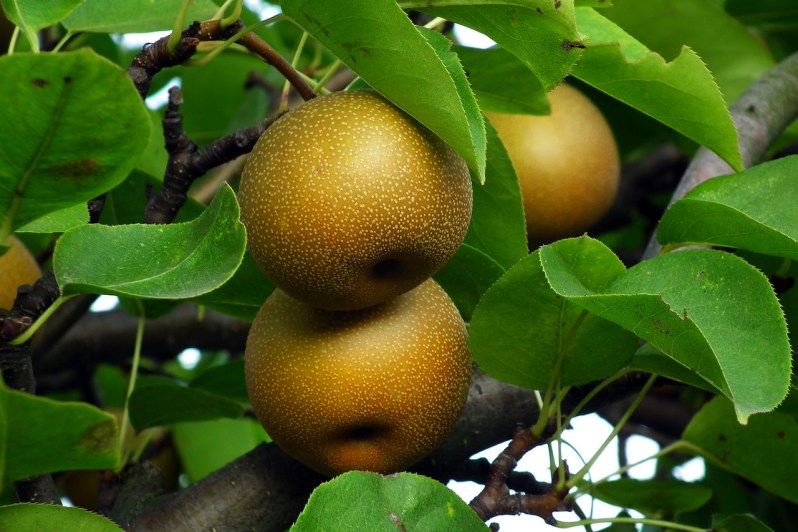
Asian pears
Peak months: July, August, September
How to store: Store Asian pears for up to a week at room temperature or up to three months in the refrigerator.
Health benefits: Asian pears are very high in fiber, and contain a generous amount of Potassium, copper, and vitamins K and C.
Recipe to try: Poached Asian pears with vanilla ice cream
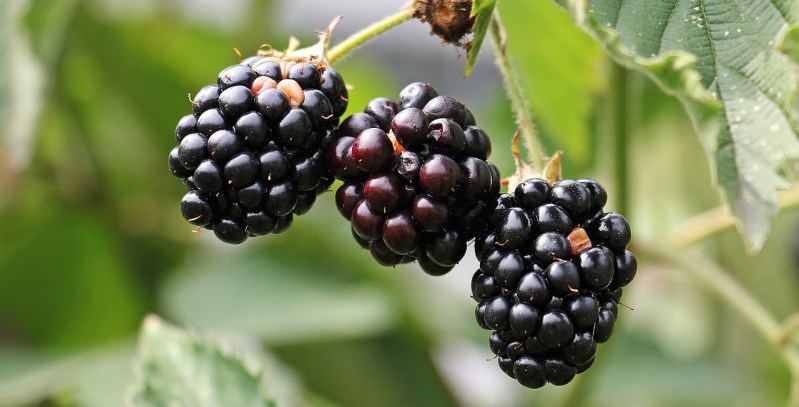
Blackberries
Peak months: June, July
How to store: Blackberries are a little bit high maintenance when it comes to proper storage, but you’ll be rewarded with a few extra days of freshness when done the right way. The best way to keep blackberries fresh is to store them in the refrigerator in a ventilated container lined with a damp paper towel.
Health benefits: Blackberries are loaded with vitamin C, very high in fiber, and a wonderful source of vitamin K and manganese.
Recipe to try: Homemade blackberry preserves
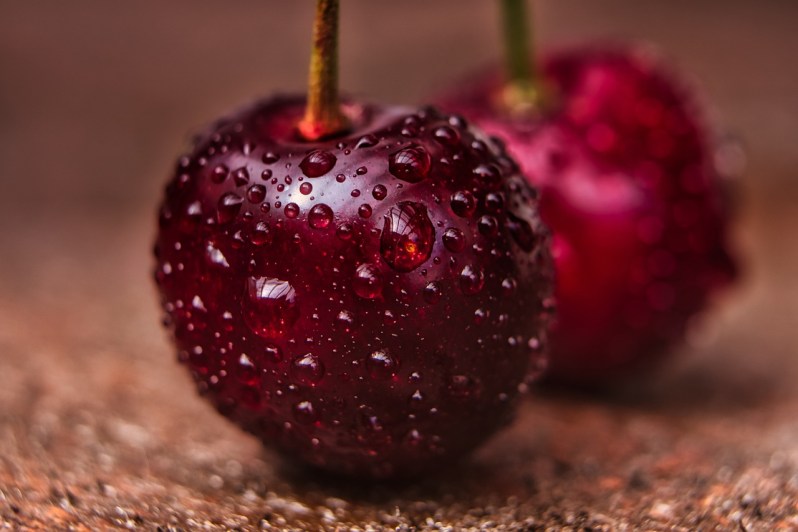
Cherries
Peak months: June, July, August
How to store: If possible, spread your cherries in a single layer on a plate or sheet pan before storing them in the refrigerator. Cherries are so delicate that they can bruise each other if dumped into a bag or bowl.
Health benefits: A wonderful source of vitamin C, cherries also protect heart health, lower inflammation, and even improve the overall quality of sleep.
Recipe to try: Oven-roasted cherries with olive oil and black pepper
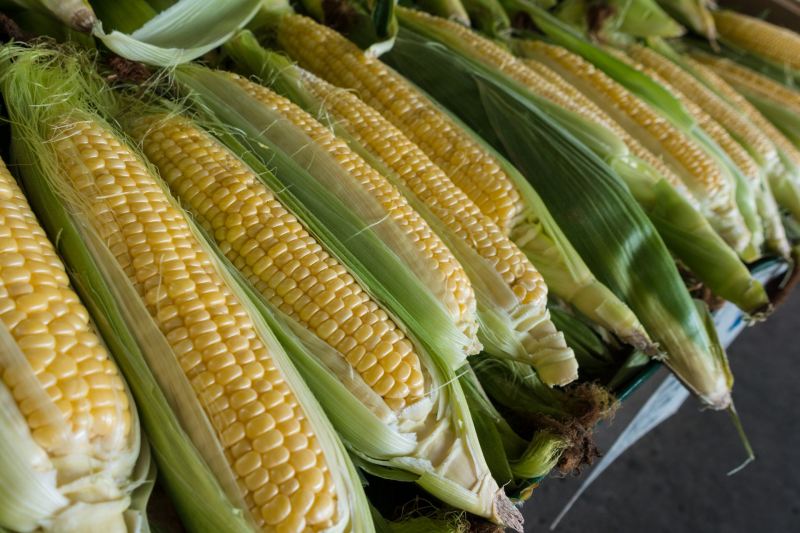
Corn
Peak months: June, July, August
How to store: Corn is best when eaten as soon as possible, but if storing for a day or two, be sure to keep it in its husk in the crisper drawer of your refrigerator.
Health benefits: Corn is also a great source of vitamin C, which can fight against diseases like cancer and heart disease. It’s also great for eye health.
Recipe to try: Good old-fashioned grilled corn on the cob
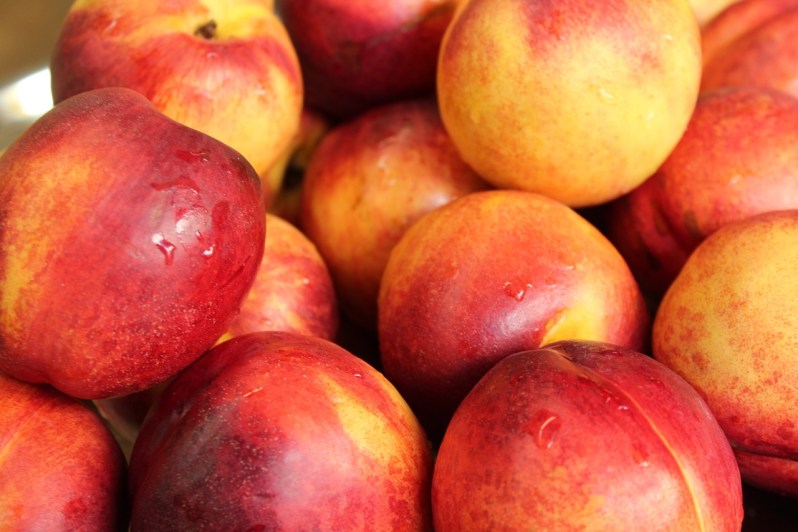
Nectarines
Peak months: June, July, August
How to store: As with apricots and other stone fruits in season, if your nectarines are ripe, store them in an airtight container in the fridge for up to a week. If they need to ripen, store them on your countertop, out of direct sunlight until they’re soft.
Health benefits: Nectarines are very high in fiber and vitamin C. They can even support brain health and give you a healthy complexion.
Recipe to try: Nectarine salad with cucumber, basil, and goat cheese
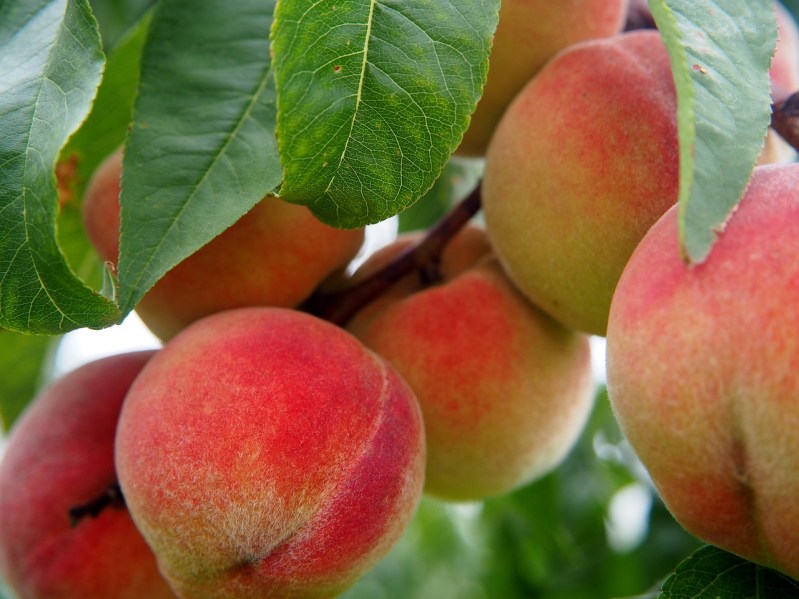
Peaches
Peak months: July, August
How to store: Store peaches the way you would apricots or nectarines — in an airtight container in the refrigerator. If they need to ripen, they can do so on the counter for a few days if kept in a reasonably cool spot.
Health benefits: In addition to all of the vitamin C, peaches also contain magnesium, phosphorus, iron, and some B vitamins. They can also improve digestion and keep the heart healthy.
Recipe to try: A few slices of peaches and a generous splash of cream make for the best dessert anyone could hope for.
Raspberries
Peak months: July, August, September
How to store: Just like blackberries, store raspberries in the refrigerator in a ventilated container lined with a damp paper towel.
Health benefits: Raspberries can help to protect against diabetes, cancer, obesity, and arthritis. They’re also high in antioxidants and can even help with anti-aging.
Recipe to try: Homemade raspberry sorbet
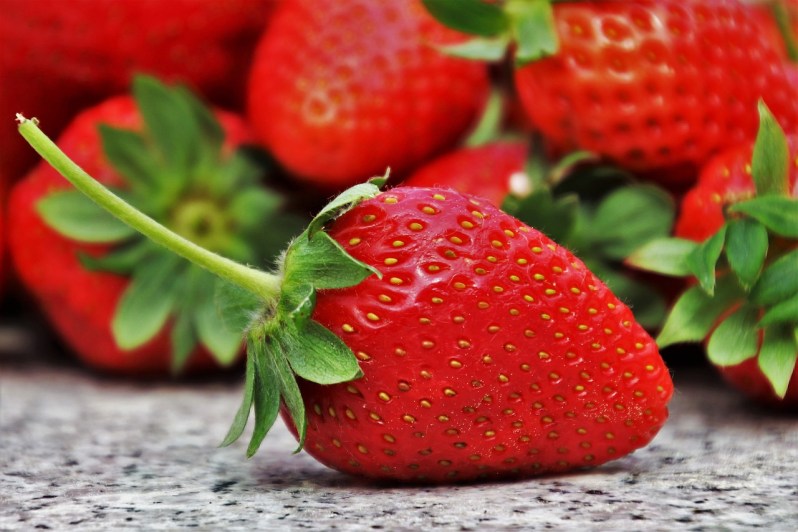
Strawberries
Peak months: April, May, June
How to store: It’s best to keep strawberries in the refrigerator as loosely as possible. Like cherries, strawberries are very delicate and, if pushed too closely against each other, can bruise. It’s also best to keep strawberries unwashed until you are ready to use them.
Health benefits: Strawberries are high in vitamin C, B9, and potassium. They’re also great for sexual health, so eat up.
Recipe to try: Grilled strawberry shortcake
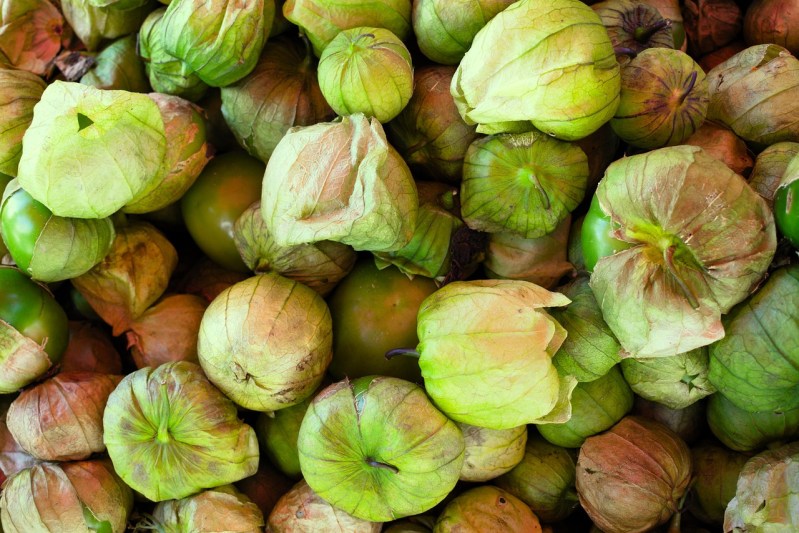
Tomatillo
Peak months: June, July, August
How to store: Tomatillos can be stored in the refrigerator for up to three weeks. Just be sure to keep them in their husks and place them in a ventilated container.
Health benefits: Tomatillos are high in vitamins C, A, and K. They also contain high amounts of potassium and magnesium, and can aid in healthy vision, weight loss, and preventing arthritis.
Recipe to try: Roasted tomatillo salsa
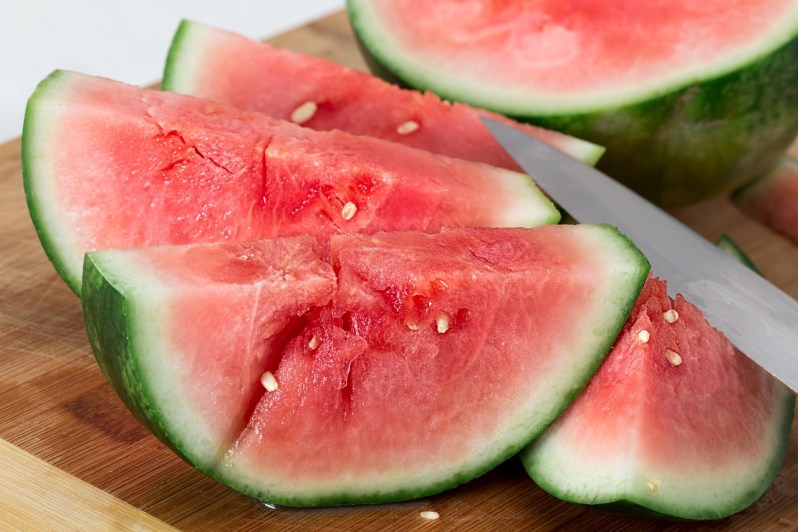
Watermelon
Peak months: June, July, August
How to store: Watermelons should be kept at room temperature before being sliced open. Once sliced, watermelon should be kept in the refrigerator for up to 5 days.
Health benefits: Watermelon contains a plethora of vitamins and minerals, including potassium which helps to lower blood pressure and supports nerve function.
Recipe to try: Grilled watermelon pizza with balsamic and pickled shallots
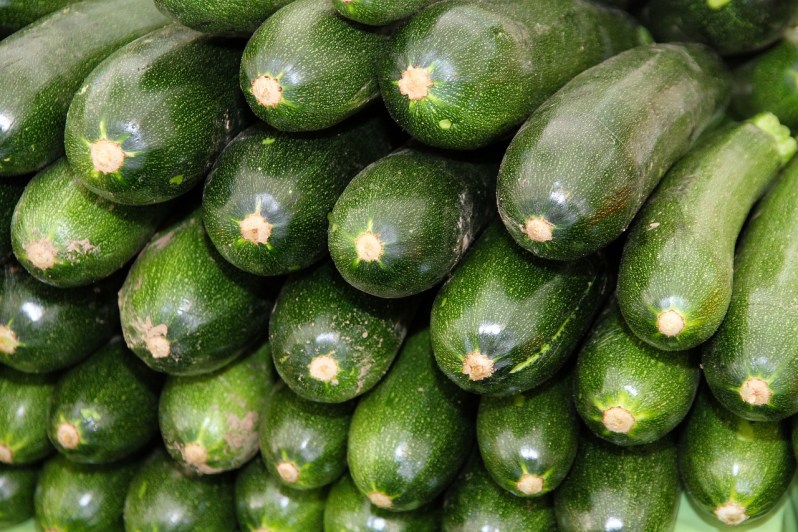
Zucchini
Peak months: June, July, August
How to store: More than any other vegetables in season, Zucchini likes to stay dry, so the best place to store it is in the crisper drawer of the refrigerator for up to a week.
Health benefits: Zucchini is rich in vitamins, and has been shown to aid in healthy digestion, reduce blood sugar levels, promote heart health, and healthy vision.
Recipe to try: Homemade zucchini muffins
Editors' Recommendations
- How to cook soft-shell crab at home
- 20 delicious appetizer recipes to cook for your next dinner party
- Grilling safety tips (so the only things roasted are your meat and veggies)
- Our super-easy guide to perfectly smoked vegetables
- Women distillers you should know who make spirits all over the world
